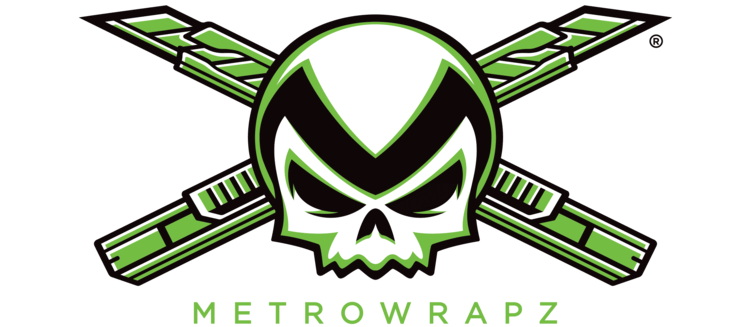Treatment Options for Veterans with PTSD and VA Resources
 Post-Traumatic Stress Disorder (PTSD) is a condition that can develop after a person has experienced or witnessed a traumatic event. Veterans, especially those who have been in combat situations, can be especially vulnerable to PTSD given the nature of their experiences in service.
Post-Traumatic Stress Disorder (PTSD) is a condition that can develop after a person has experienced or witnessed a traumatic event. Veterans, especially those who have been in combat situations, can be especially vulnerable to PTSD given the nature of their experiences in service.
Recognizing the need for comprehensive care for our veterans, the VA has developed an array of treatment options and resources for veterans with PTSD. Here’s a summary of what’s available:
1. Psychotherapy (Talk Therapy)
- Cognitive Behavioral Therapy (CBT): This is a type of therapy where veterans work with a therapist to understand and change the way they think about their trauma and its aftermath. There are several types of CBT, including Cognitive Processing Therapy (CPT) and Prolonged Exposure (PE) therapy.
- Eye Movement Desensitization and Reprocessing (EMDR): A therapeutic process where the therapist helps the veteran process traumatic memories by guiding their eye movements.
2. Medications
While not a standalone solution, medication can be an effective part of a comprehensive treatment plan.
- Antidepressants: These can help symptoms such as sadness, worry, anger, and feeling numb inside.
- Anti-Anxiety medications: Can be effective for symptoms of anxiety.
- Prazosin: Often used if symptoms include sleep problems and recurrent nightmares.
3. Group Therapy
Engaging in group therapy can allow veterans to connect with others who have had similar experiences and feelings.
4. VA’s PTSD Treatment Programs
Whether a veteran has recently returned from deployment or has been home for decades, it’s never too late to seek assistance for PTSD (posttraumatic stress disorder). Receiving counseling or treatment can mitigate the progression of symptoms.
Services Offered by the VA
- Nearly 200 PTSD treatment programs nationwide.
- Individualized mental health assessment to determine if one has PTSD.
- Medications that are efficacious for PTSD.
- Individual psychotherapy, including Cognitive Processing Therapy (CPT).
- Individual family therapy.
- Group therapy tailored to specific needs, such as anger management, combat support, and veterans from specific combat zones or shared traumas.
Additional Treatment and Support:
Accessing VA’s PTSD Services: PTSD health services are covered by the VA health care program. To utilize these services, one must first apply for VA health care. Those with a VA primary care provider should discuss their concerns, while those without one can reach out to the VA through various channels, including a general hotline and local medical centers.
For Veterans Without VA Health Benefits: Even if one doesn’t have VA health benefits, they might still be eligible for care, especially if they’ve served in combat zones or are facing homelessness. There are specialized services available, like counseling at community Vet Centers or assistance from the National Call Center for Homeless Veterans.
Compensation for PTSD: Veterans displaying PTSD symptoms that trace back to a traumatic experience during their military service might qualify for disability compensation or other VA benefits.
For More Information
If you or a loved one is a veteran experiencing symptoms of PTSD, it’s crucial to know that help is available, and treatment can make a significant difference. More information can be found at https://www.va.gov/health-care/health-needs-conditions/mental-health/ptsd/
The Battle Buddy Response Team is committed to supporting veterans and raising awareness about the challenges they face, including PTSD. Together, we can make a difference.
The information provided in this post is intended for general awareness and educational purposes only. It should not be construed as medical advice, diagnosis, or treatment. Every individual’s health needs are unique, and readers should consult with a qualified healthcare professional before making any decisions regarding their health or treatment options.






